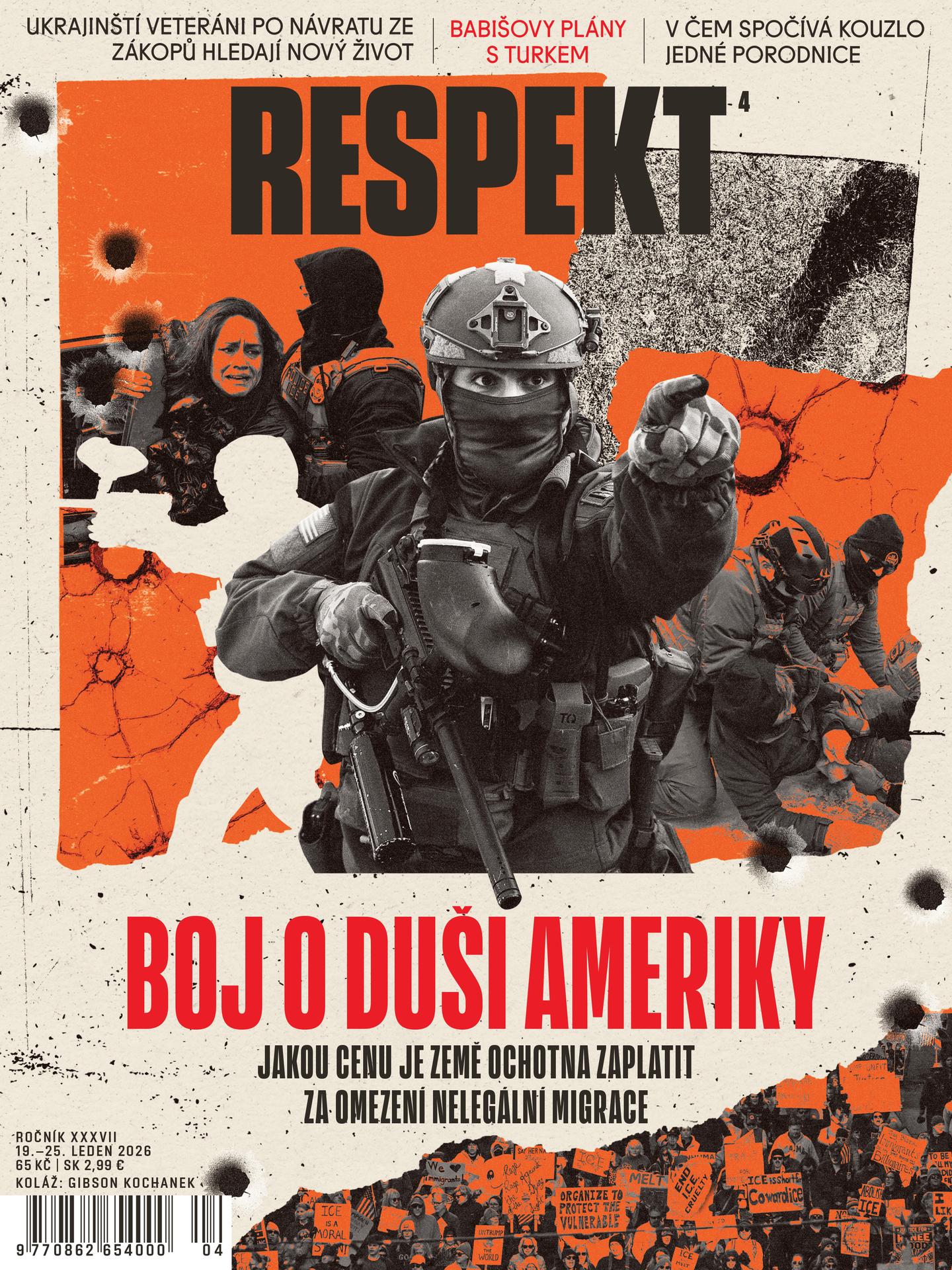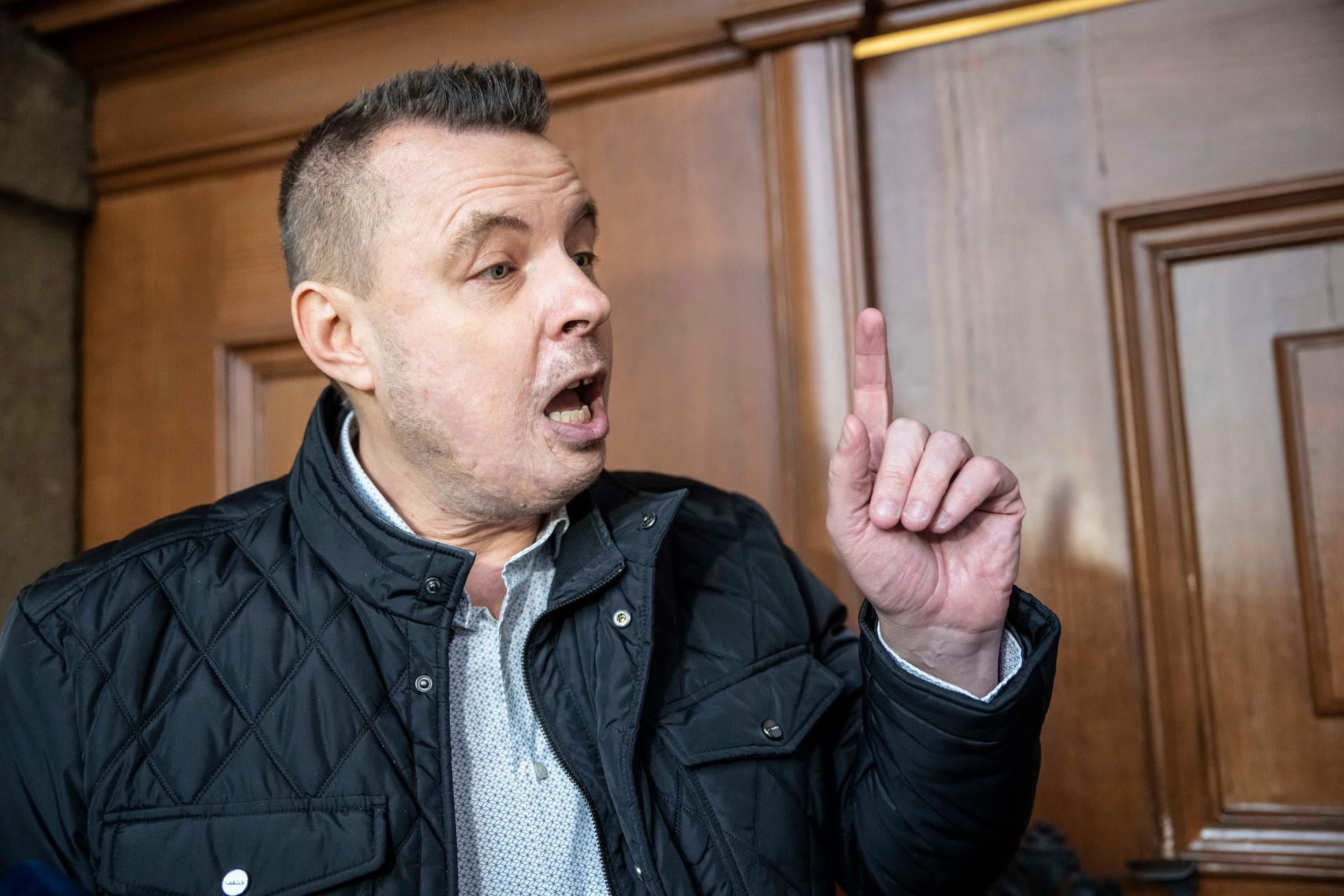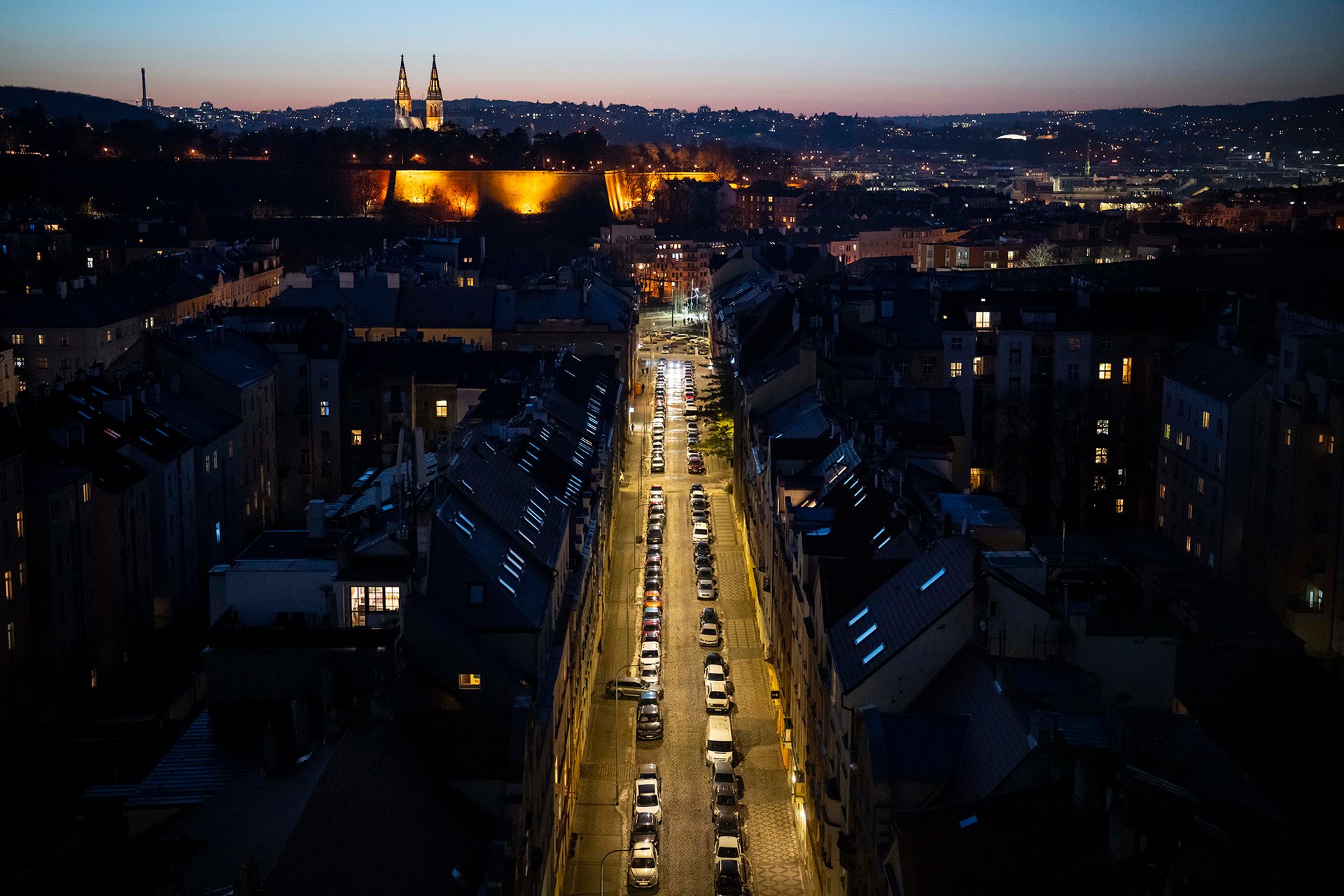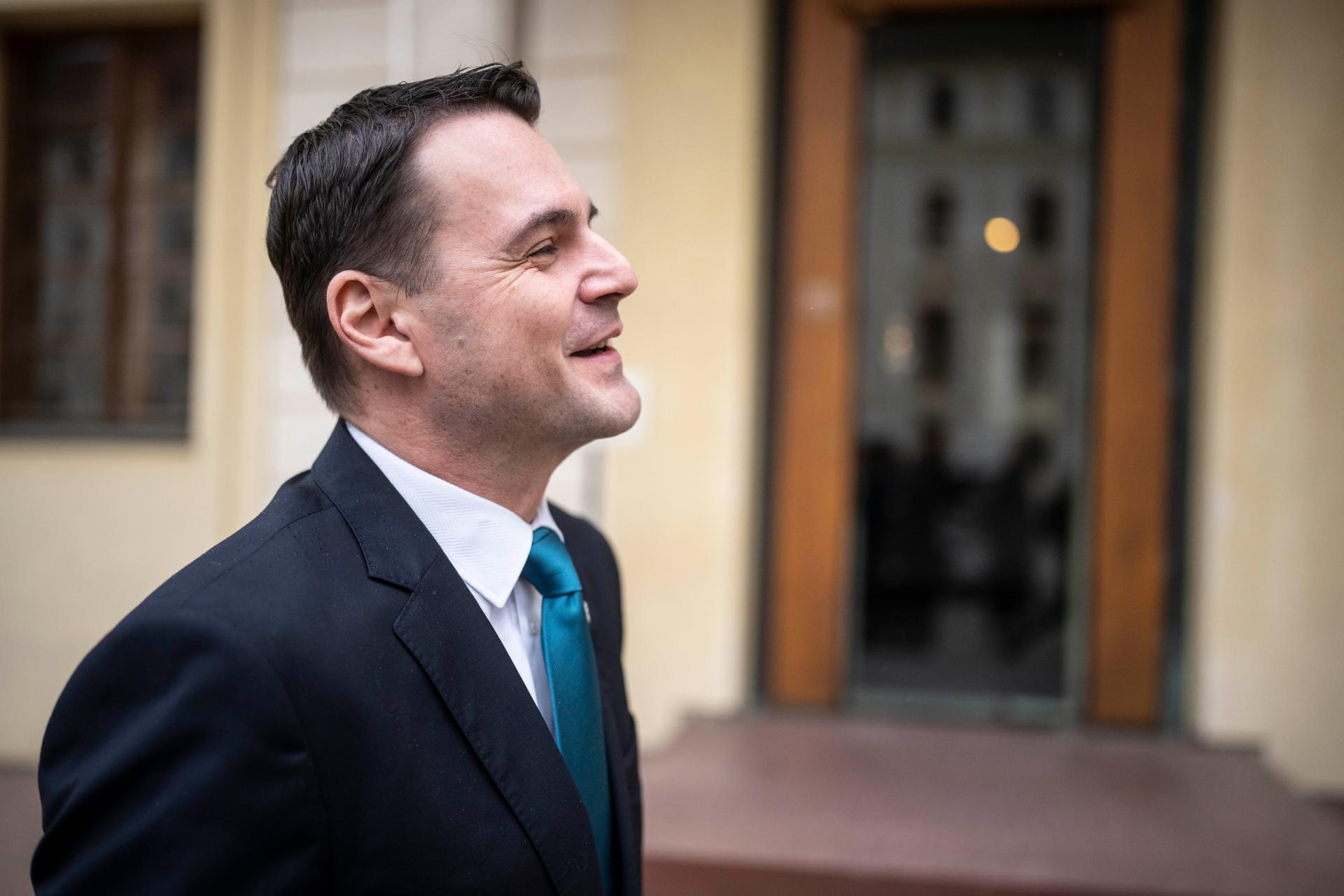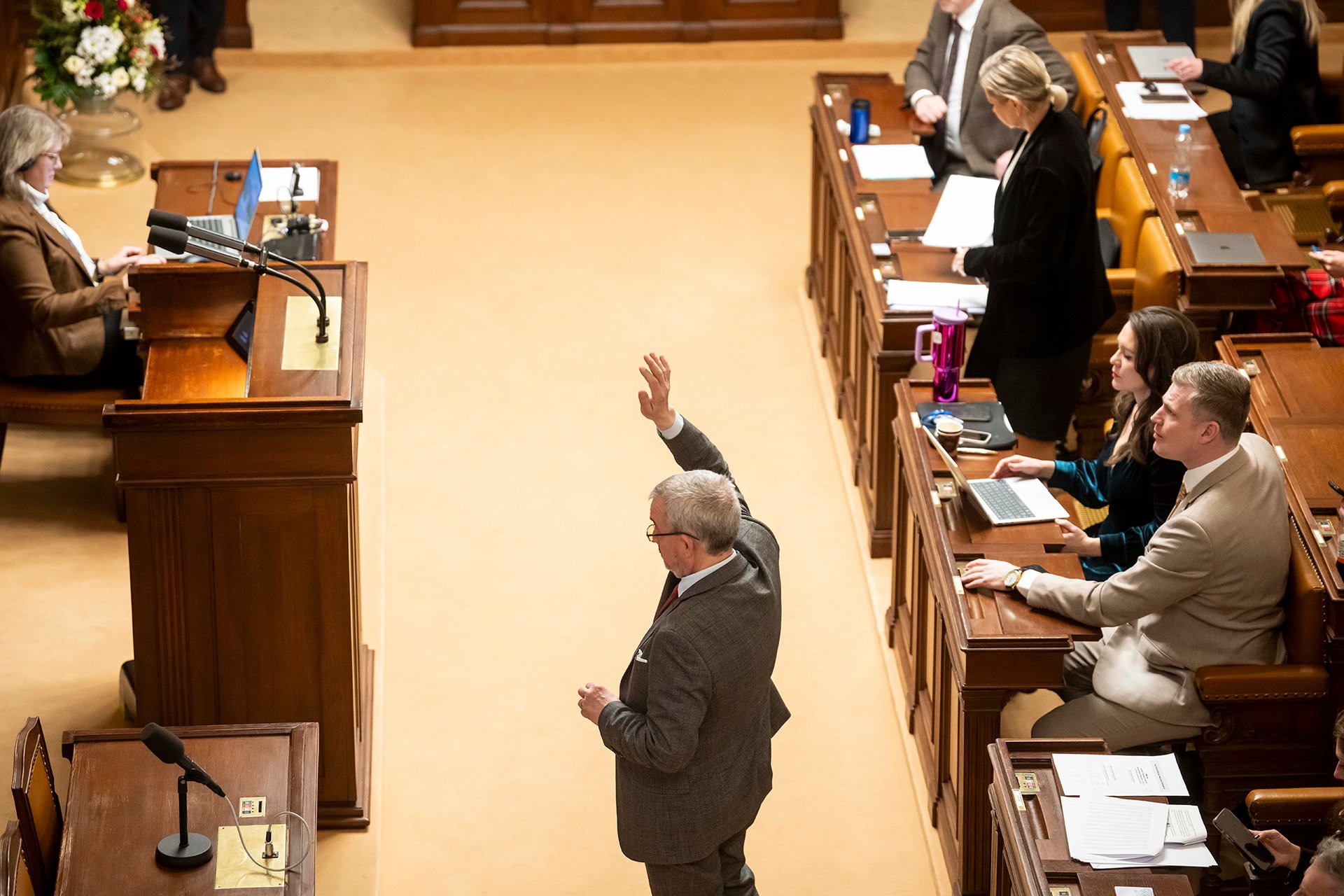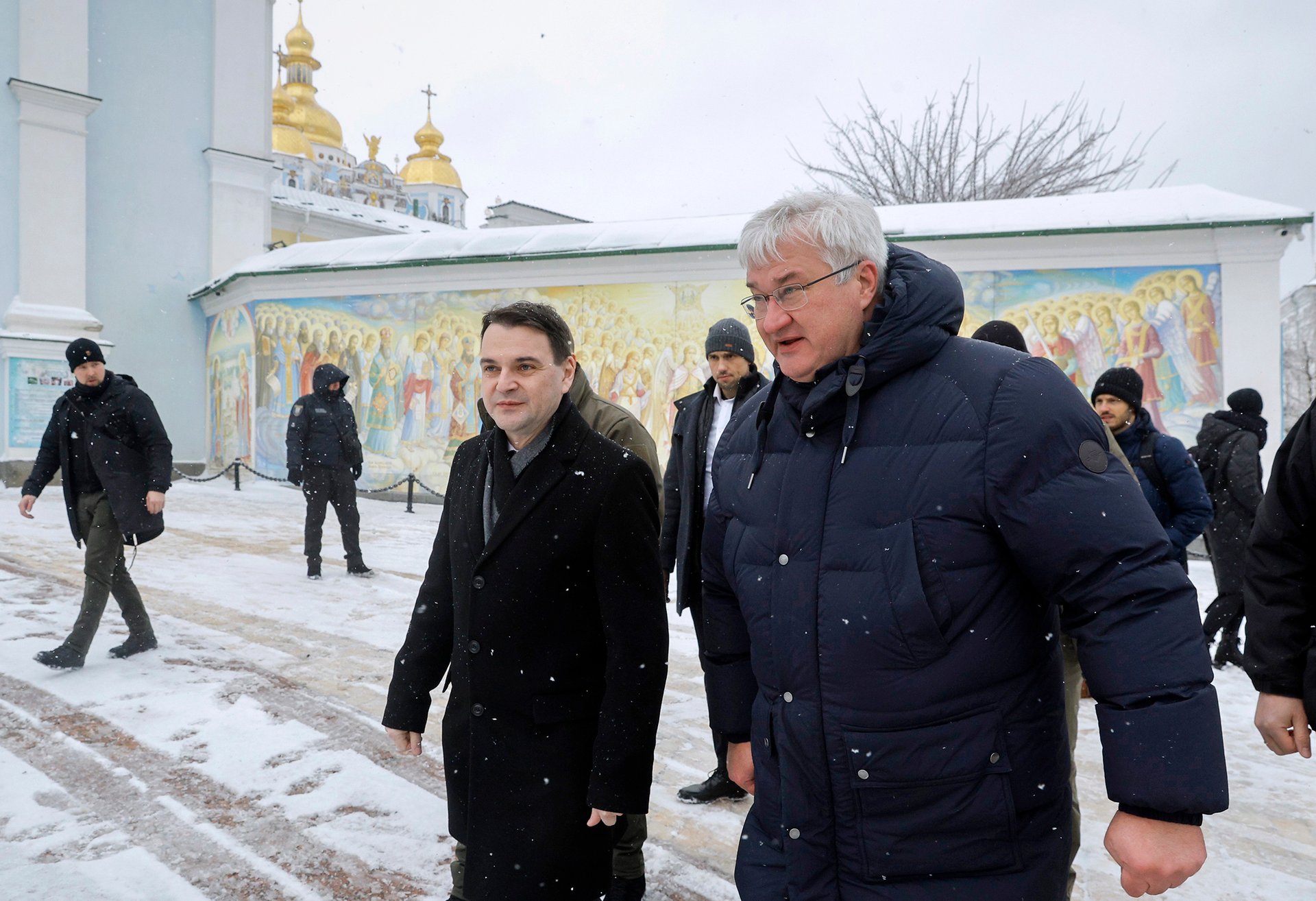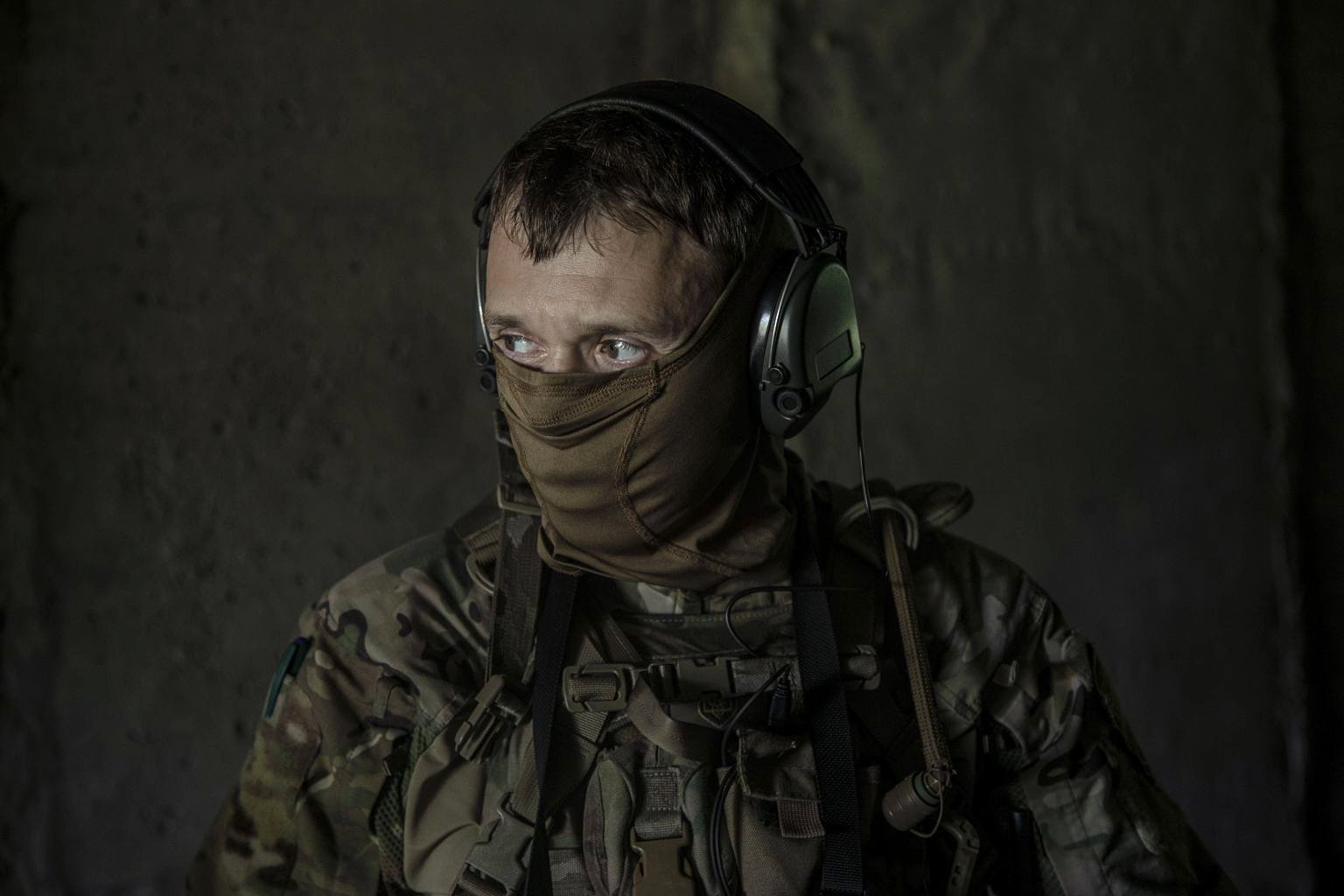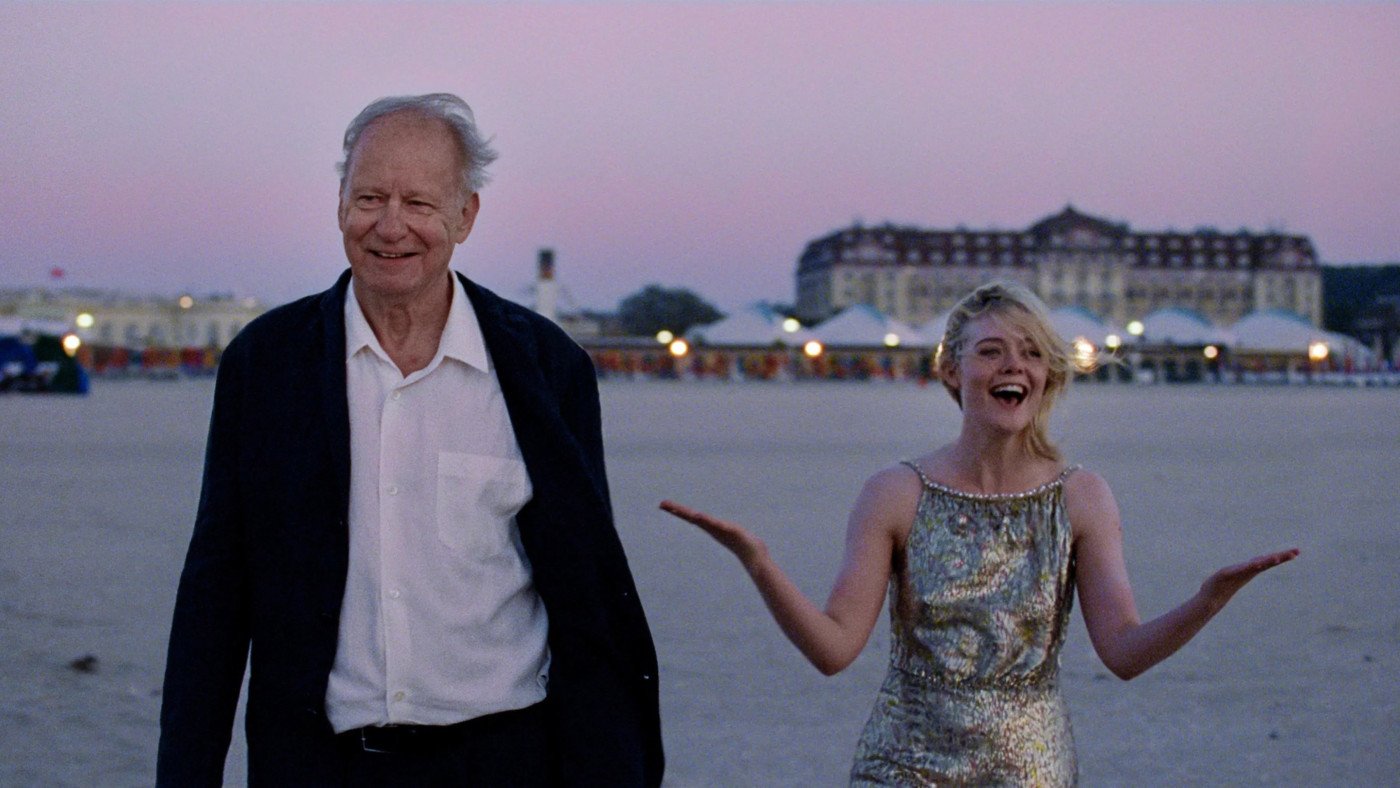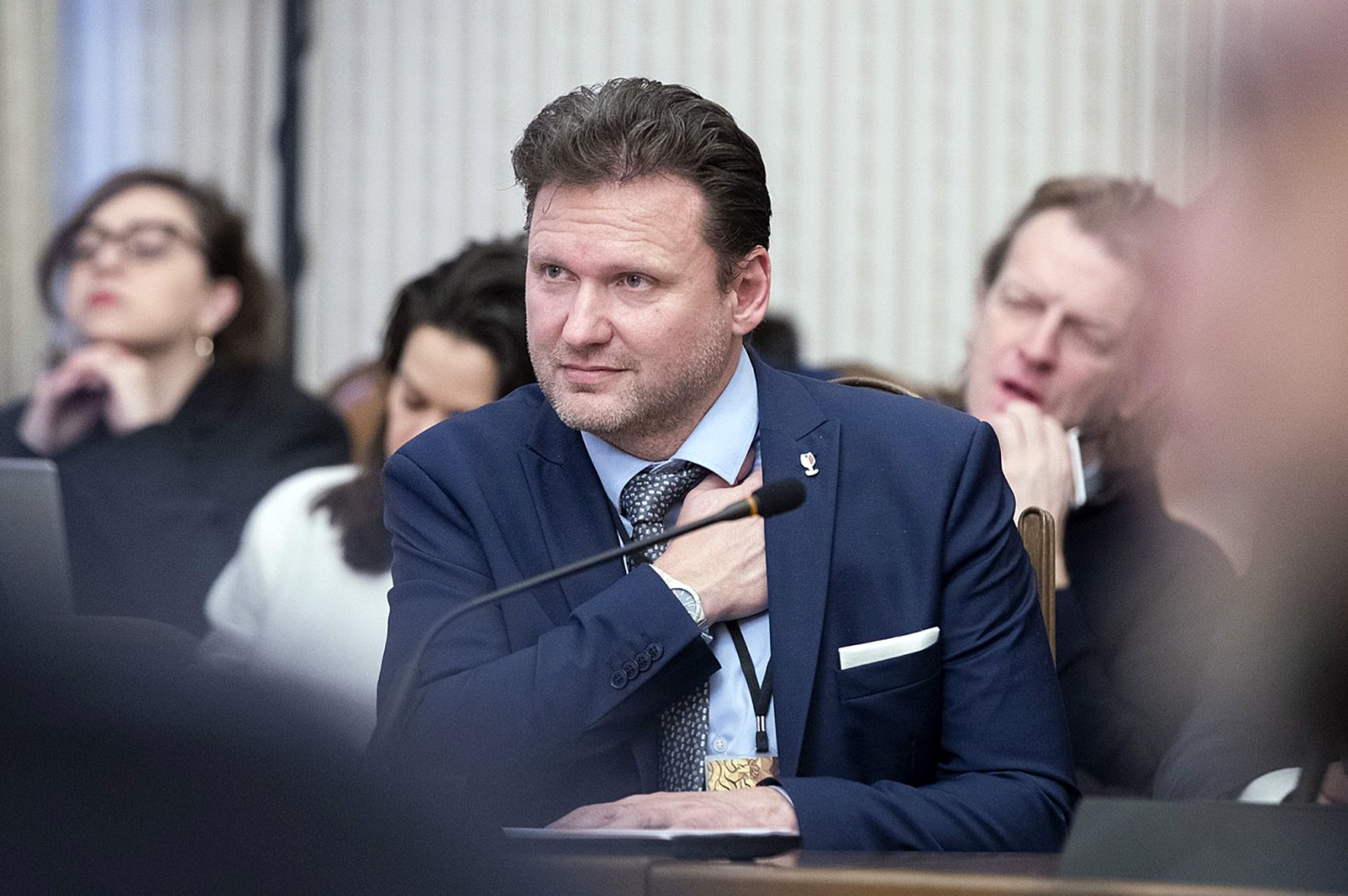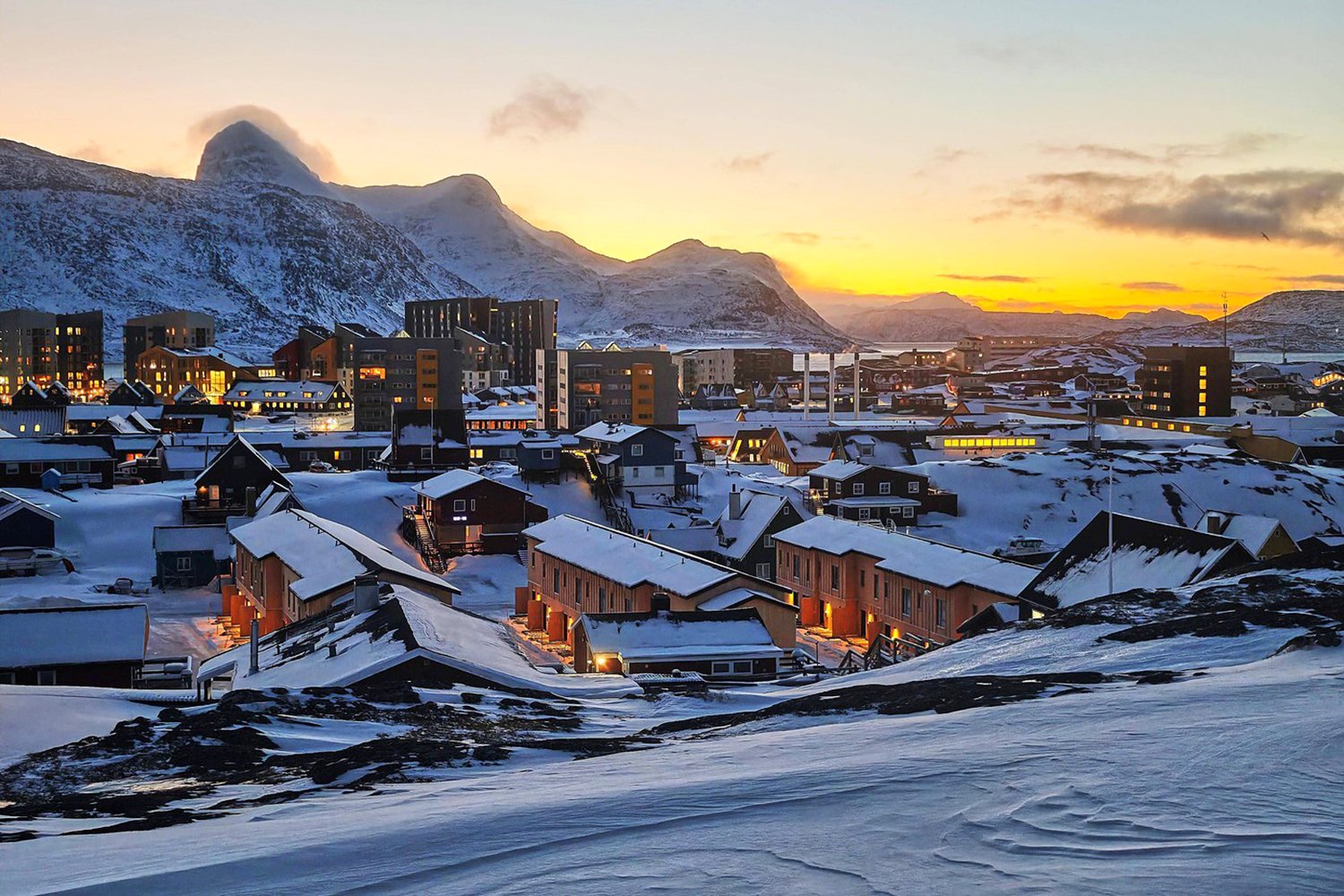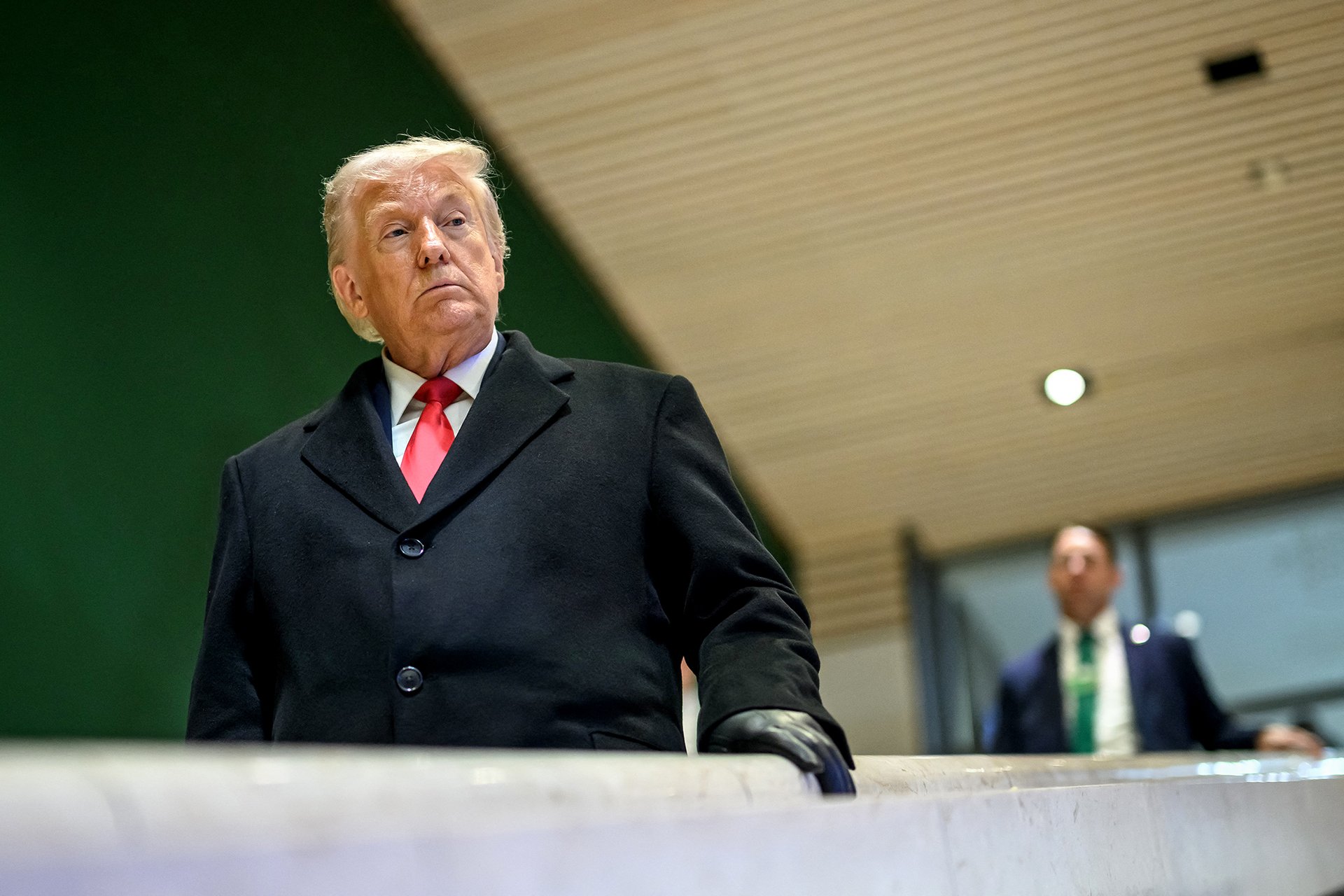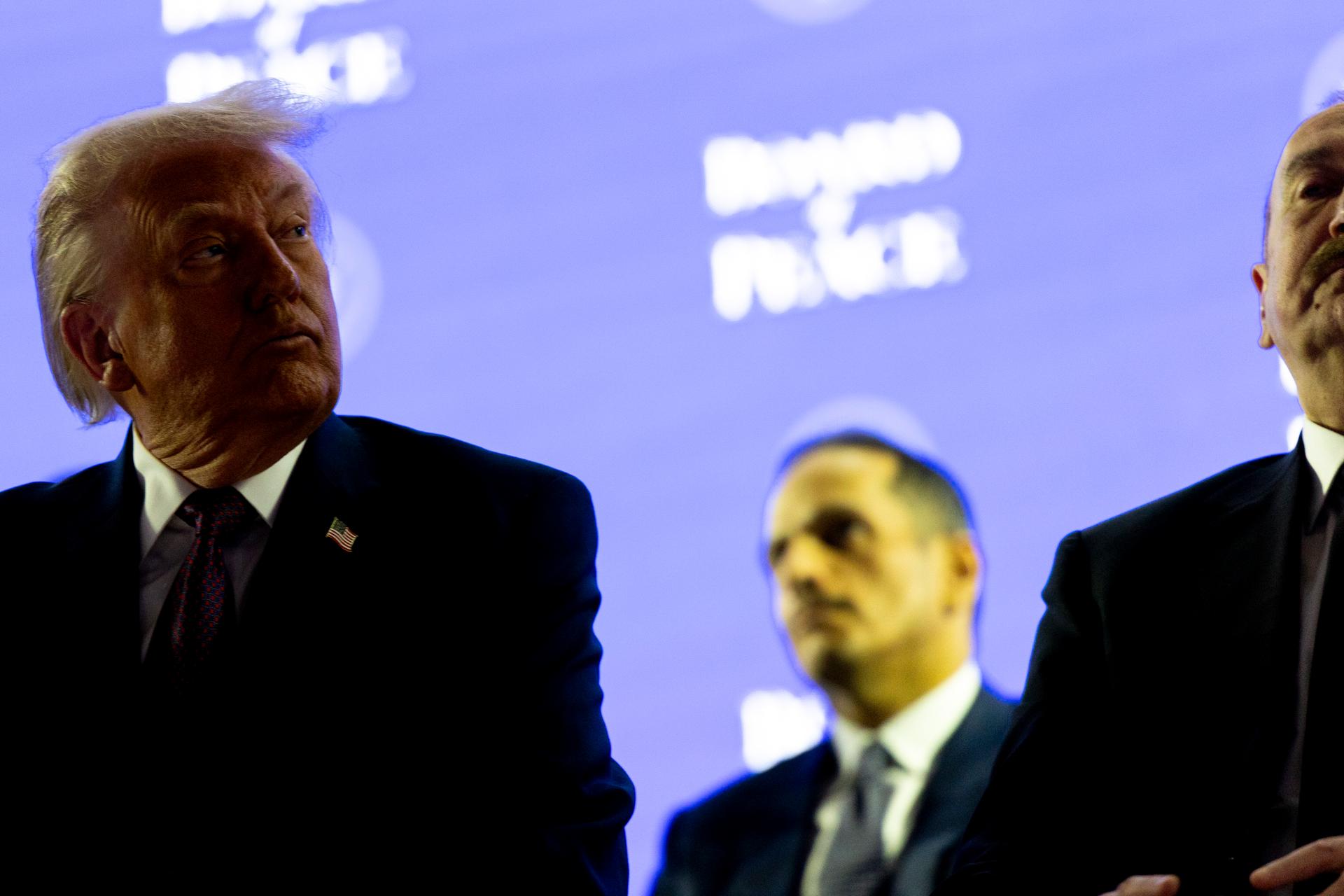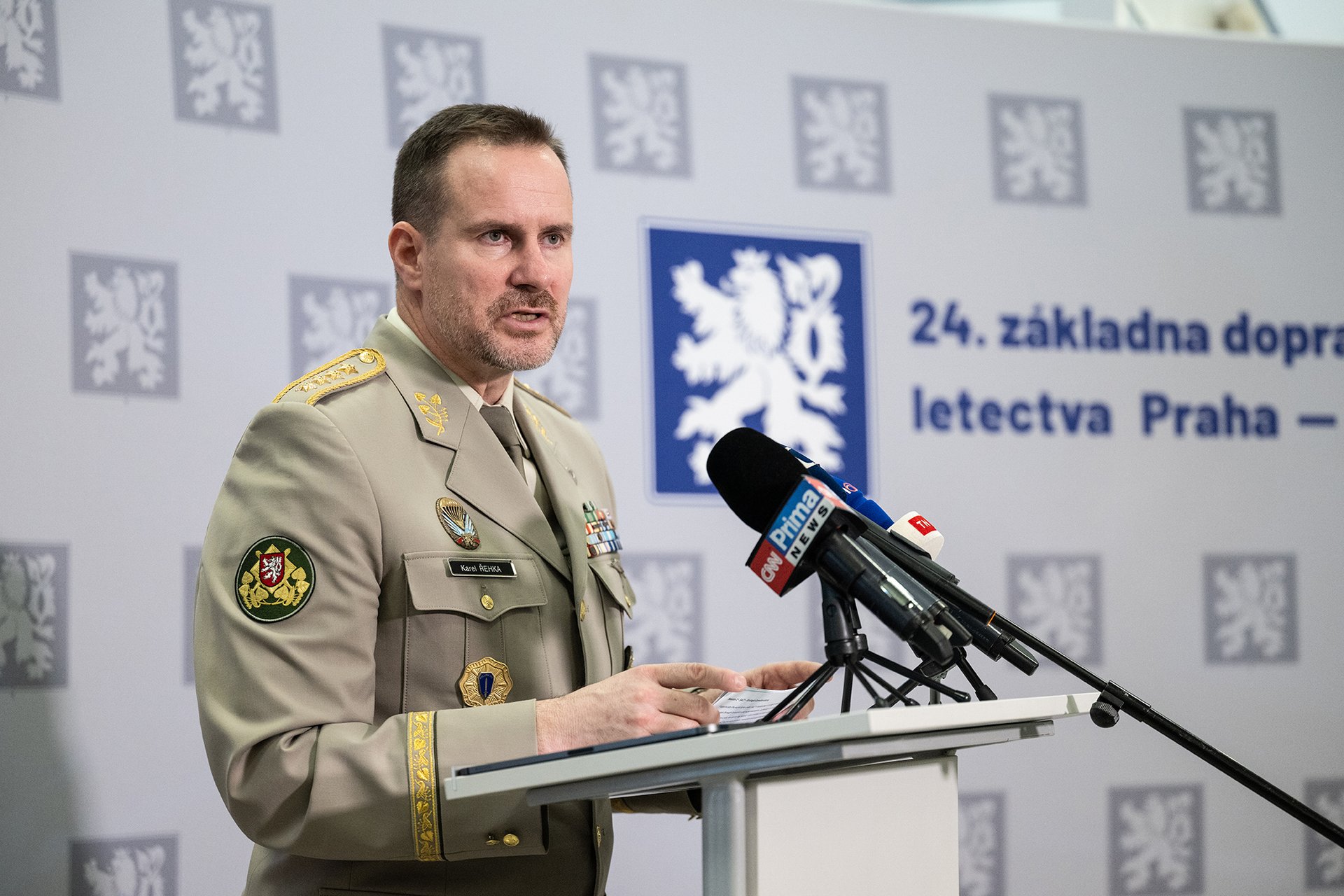Faceless but Powerful
Why do Eastern politicians so often hide in the off-the-record world?
From reading the Eastern European press, you could get the impression that various politicians and decision-makers were all members of the Anonymous movement. Not because of their passion for free downloads, but because of their weakness for anonymous voices – their own.
Far more often than in the Western media, Eastern public personages – whether Czech, Polish, Bulgarian, or Romanian – hide under the tag “unnamed source” or “representative who didn’t wish to be quoted” when asked by a journalist to express a view. While logic would suggest that a public figure would seek out media exposure, the Easterners evade it – voluntarily, happily.
For the sake of fairness, let’s leave Eastern diplomats aside. The anonymity of diplomats, Eastern or Western, is rather normal and some foreign services have elaborated a sophisticated system for dealing with the press.


For example, the EU bureaucracy, which is heir to the French and British diplomatic traditions, uses three secrecy levels. “Informal briefing” means the source can’t be quoted unless agreed prior to the briefing and his or her quotes have been checked before publication. “Off-the-record” allows no attribution by name to the source, although the quote in question can be used. “On background” is the most restrictive level. It allows a reporter to represent whatever is said only as his or her knowledge. Complicated and bizarre it may seem, this system does make sense, since a diplomat isn’t here to talk publicly but rather to prevent – discreetly – a war.
With politicians, it’s a different story. Politics is a competition of ideas and the level playing field is a public space – which is the media in our place and time. So when a politician refuses to be named publicly in the press and seeks anonymous cover, it’s as if that person were refusing the rules of the game he or she signed up to play.
Perhaps when a source is about to reveal a secret that can shake a state’s political or economic foundations, allowing him or her anonymity is more understandable. But when asked for an opinion, a simple view on, say, the continental business forecast, pension reform, or humanitarian aid to Africa, why do our – Czech, Slovak, Polish – politicians agree to do so only after saying, “Don’t quote me on this”?
Very often, the answer is that they fear running afoul of some perceived superior (“I don’t want to get in trouble with my leader/fellow minister/the director of …”). Or they find a modest-sounding alibi (“I’m not a specialist in this, you know …”). But digging deeper, you find that in most cases they simply lack the courage of their convictions.
It’s not as though Eastern politics in general were governed by a rigid chain of command in which officials might be sacked for expressing an opinion. And nobody wants politicians to hold a Ph.D. in every sphere of human activity. But to have an argument, stand behind it, and express it publicly – is that really too much to ask of a full-time elected representative with a team of advisers?
Apparently it is. Still, over 20 years after the fall of the Soviet empire, political parties in the new EU states are quite young and inexperienced in their intellectual development. The political parties’ so-called expert committees are, in most cases, refuges for fallen political stars and not a lively breeding ground for personalities passionately interested in this or that policy.
It’s also too often the case that politicians are not trained to keep abreast of the changing world around them. And we journalists satisfy ourselves with unattributed quotes because it’s easier. Since we know that searching for a relevant source ready to be quoted on the record would be a lengthy and probably fruitless pursuit, we’re complicit with the current modus operandi. In other words with the world of The Anonymous.
Our unstated consent to a system in which politicians have an almost automatic off-the-record refuge and don’t have to take responsibility for what they say harms debate and therefore harms politics.
What to do? The press depends on access to the politicians, so it’s not realistic to expect a full-fledged boycott of those who demand anonymity as a condition to a conversation. But a reporter should be able to take some responsibility of his or her own, including refusing sometimes to use information that a source offers only under such conditions.
Public debate and politics would be much more fun – and, paradoxically, serious – if it were about people with real faces and names. Look at British politics, which is at times merciless, at others amusing and inspiring. It’s a long way up, but it’s worth trying.
This column was originally published on the Transitions Online website (www.tol.org) on 14 March, 2012. Transitions Online covers political, economic and social developments in Central & Eastern Europe, the Balkans and Central Asia.
Pokud jste v článku našli chybu, napište nám prosím na [email protected].

